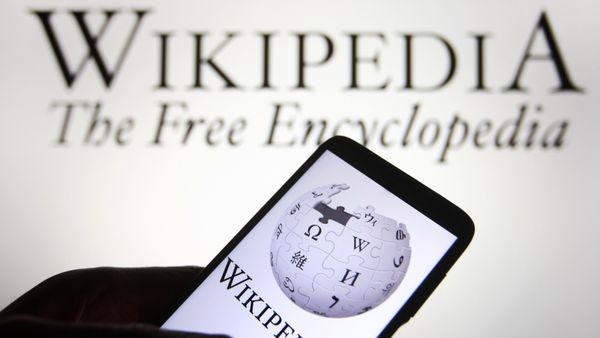Wikipedia was an offshoot of a project called Nupedia, an internet encyclopedia developed by internet entrepreneur Jimmy Wales and philosopher Larry Sanger. Nupedia was supposed to be a free encyclopedia of articles written solely by experts. But the slow peer-review process meant that fewer than 24 articles were ready after a year, according to Sanger. He suggested creating a version that anyone could contribute to without this editorial oversight.
"My initial idea was that the wiki would be set up as part of Nupedia; it was to be a way for the public to develop a stream of content that could be fed into the Nupedia process," recalled Sanger in a memoir published on Slashdot. Launched on Jan. 15, 2001, Wikipedia took off like a house on fire. There were 6,000 articles written by July and 13,000 by October. In early 2017, there were 40 million articles in 293 languages.

